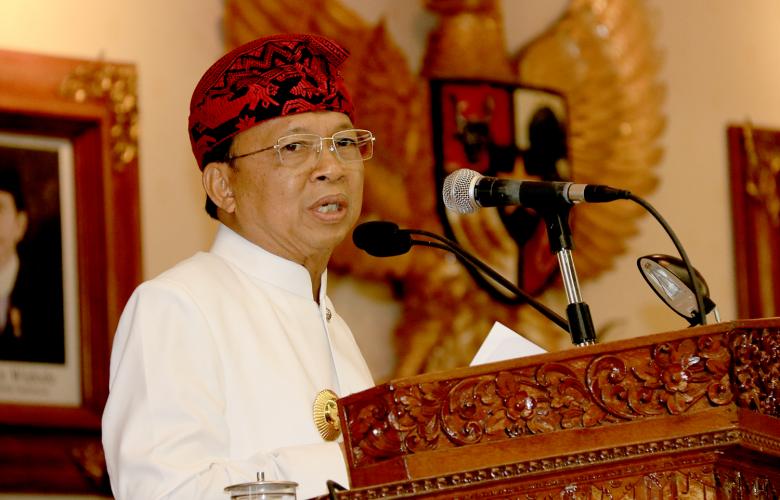Providing free WiFi services at the village level in Bali took a step closer as Governor Koster announced the launch of the Bali Smart Island initiative in Jimbrana last week, according to local news wires.
Taking the first step
Koster explained that free WiFi access was the first step in the Bali Smart Island programme, which would improve the economy, tourism, strengthen culture, health and knowledge as well creating more equitable access to information and development for all Balinese people.
Gapura Bali recently reported plans to increase the number of WiFi access points on the island from the current 300 to just over 4,000 in 2019. But these objectives have since been modified according to Nusa Bali, who are reporting the provision for free Internet services began in November 2018 with the plan to install 1,825 by the end of 2019. The target is now 4,157 WiFi access points by 2020.
World's top Smartest Cities
Apparently Smart Cities are nothing new and have been around for over a decade all over the world. The results of recent research published by Phys.org suggest a total of 27 cities made it onto the list of the world's leading Smart Cities, led by London, Singapore and Barcelona and included India's Delhi (#9) and Mumbai (#12).
While no Indonesian cities appear on this list of top global Smart Cities it should not undermine the country's intention and drive to be there. Gapura Bali reported in 2017 that Smart city initiatives were critical for Indonesia's urban growth. With 70% of the population expected to live in cities by 2025, smart solutions will help make the cities economically, socially and environmentally sustainable.
Commercial Real Estate and Smart Cities
Deliotte, one of the world's largest accounting organizations and professional services networks also recognizes the paradigm shift taking place. In a 2018 report entitled: CRE developers: Get smart on smart city initiatives they argue that many innovations have had a significant impact on the commercial real estate (CRE) landscape, such as the introduction of elevators impacting the height of buildings in the early 1900s.
CRE Entrepreneur cites six other key innovations that helped shape the real estate industry in the United States, and ultimately the rest of the world:
- The Railroad - responsible for the first generation of residential land development in the 1840’s and 1850’s.
- Steel - responsible for developers in the 1880's in Chicago, New York, and San Francisco building up instead of out because land prices were so high.
- The telephone - responsible for businesses and people being able to communicate with each other in high-rise buildings.
- The Light Bulb - without the invention of a long-lasting light bulb, high-rises with large floor plates would not be possible and factories could not be open all day and night.
- The Laser and Barcode - responsible for retailers being able to stock many more items, thereby improving logistics and resulting in huge stores.
- Air conditioning - responsible for people being able to live and work in areas that were previously inhospitable.
Adapt and thrive
Now the key innovation is being smart and the message is clear - adapt and thrive. Deloitte sees large tech companies leading the development of Smart City projects, which is a trend with "widespread repercussions for real estate developers. For instance, some projects are expected to have flexible and modular buildings … that can adapt to diverse uses and environments based on demand."
They suggest that "now is the right time for real estate players to join the smart city initiatives … and become players in the restructuring of the real estate landscape around the cities." And in some cases even lead Smart City development by incorporating technology and the Internet of Things (IoT) into the homes and commercial spaces they develop.
Sources: Inipasti, Bali Post, Tribun Bali, Nusa Bali, Metro Bali, Gapura Bali, Berita Dewata, Deloitte. Phys.org, CRE Entrepreneur
Similar to this:
Industry 4.0 and Indonesia's Economic Potential
Smart city initiatives critical for Indonesia's urban growth
Click on Bali for free Internet access in 2019





